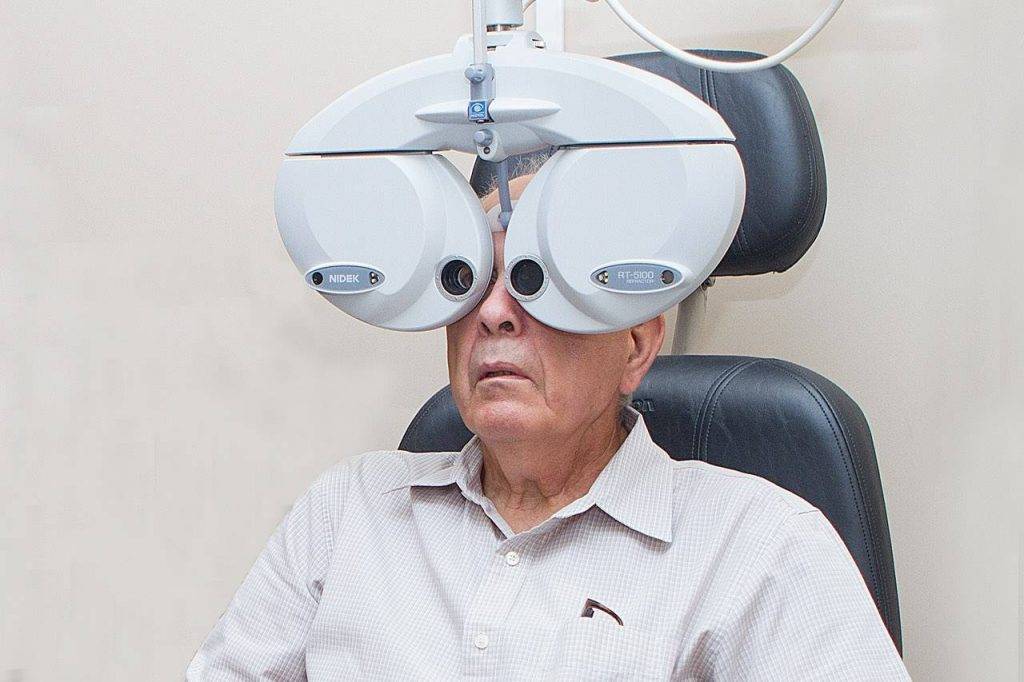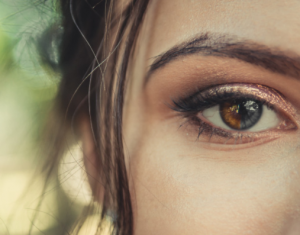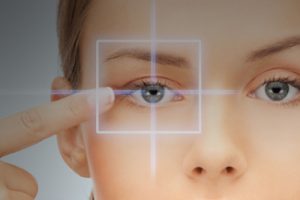Yes, a recent study suggests that certain eye diseases may increase the risk of dementia.
A study was published in the British Journal of Ophthalmology (September, 2021), suggesting that certain eye conditions including age-related macular degeneration (AMD), cataracts and diabetes-related eye disease, may be associated with an increased risk of dementia.
This observational study included more than 12,300 participants aged 55 to 73 — some of which had been diagnosed with AMD, cataracts, diabetes-related eye disease or glaucoma. An initial assessment took place between 2006 and 2010 and periodic follow-up evaluations were conducted until 2021.
During this study, 2,300 participants developed dementia.
Results of the study
According to the study, the following was shown:
- Diabetes-related eye disease increases the risk of dementia by 61%
- Age-related macular degeneration increases the risk of dementia by 26%
- Cataracts increases the risk of dementia by 11%
Although glaucoma did not directly correlate with an increased risk of Alzheimer’s, the study did find a correlation between glaucoma and vascular dementia, a type of dementia that often surfaces following a stroke.
Researchers also found a higher risk of dementia among those diagnosed with multiple eye conditions, as well as among those diagnosed with an eye condition in addition to a systemic condition, such as diabetes or a history of stroke or heart disease.
This study highlights a correlation between certain eye conditions and dementia, but emphasizes that eye conditions do not actually cause dementia.
Vision problems related to dementia
Vision problems and sometimes vision loss, may be one of the first signs of dementia, and according to research, when the visual pathways are not stimulated, dementia can progress more rapidly.
Dementia often causes vision problems which can interfere with daily living, including:
- Difficulty reading
- Difficulty with facial recognition
- Disinterest in hobbies and daily activities
- Difficulty locating objects
- Uncoordinated body movements
If these behaviors are noticed, an eye exam can help to determine if an eye condition is at the root of these difficulties.
SEE RELATED: Eyes and Nutrition
If you suspect that a relative with dementia may be experiencing vision loss, schedule an evaluation with an optometrist.
Tips and strategies for dementia-related vision problems
Here are some practical ways to help those with dementia-related vision problems:
- Schedule an eye exam with the first signs of dementia.
- Schedule regular eye exams to ensure their optical prescription is up-to-date.
- Take advantage of low vision aids and devices that can help maximize on their remaining vision.
- Speak with a low vision optometrist about practical tips and home devices that can be helpful for living with dementia and/or vision loss.
- Consider installing automatic lights to increase safety and reduce the risk of accidents and falls.
LEARN MORE: Guide to Eye Health
If you suspect that a relative with dementia may be experiencing vision loss, schedule an evaluation with an optometrist.
A recent study published in the British Journal of Ophthalmology (Sept 2021) suggests there may be a strong link between vision loss and dementia.
According to this study eye conditions or vision loss can lead to the development of cognitive decline, including dementia and Alzheimer’s.










